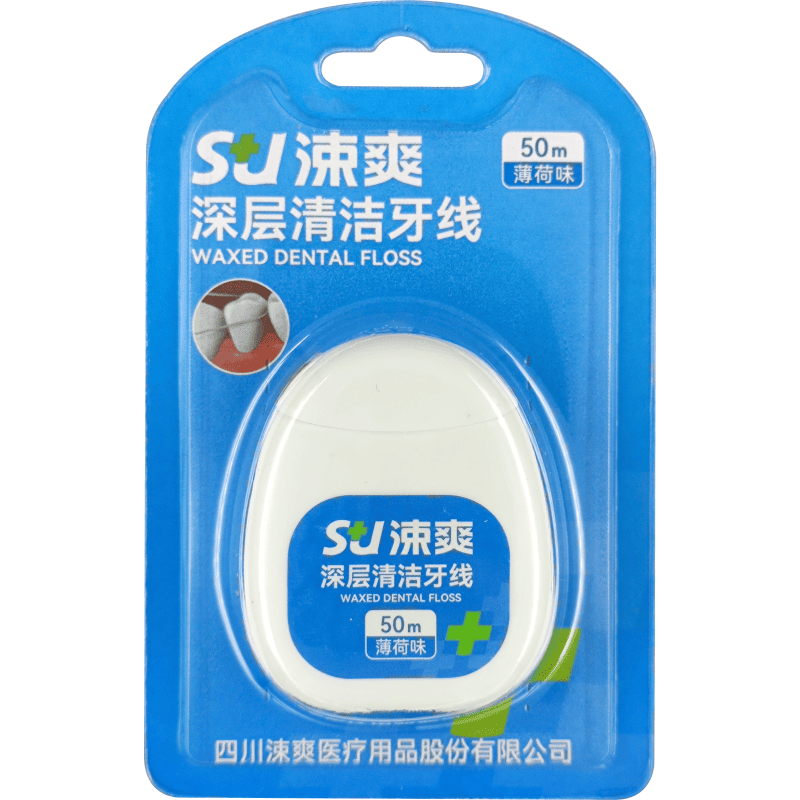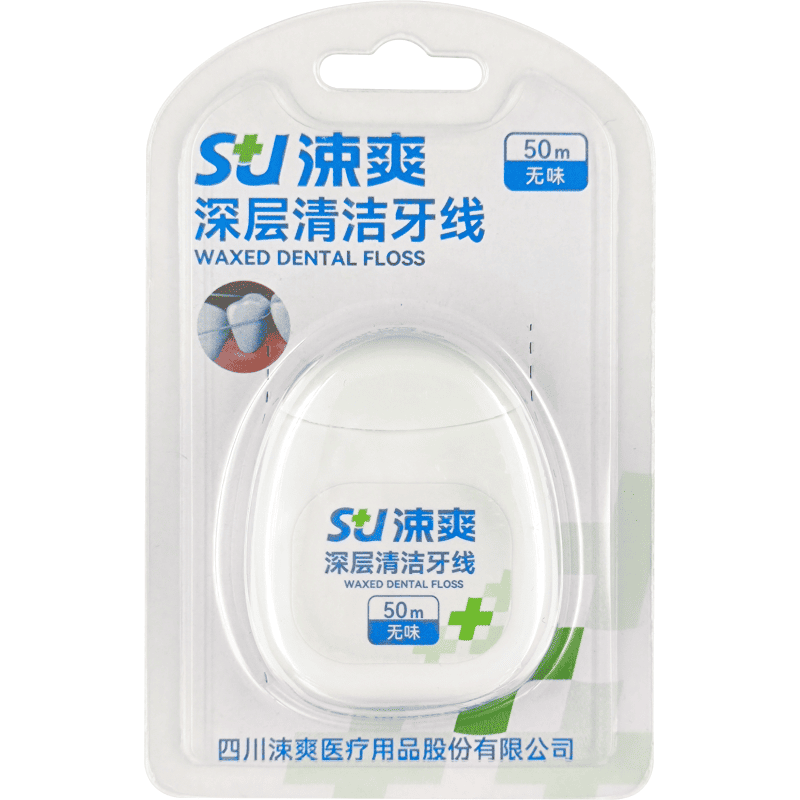Prioritizing Initial Cost Over Long-Term Value
The Hidden Dangers of Cheap Dental Tools
Going cheap on dental tools isn't always the best deal in the long run. Sure, buying cheaper instruments saves money upfront, but those savings come at a cost to quality that directly impacts patients. Many dentists try to cut corners this way, thinking they're being smart with their budget, only to face more problems down the road. These budget tools are typically built from poor quality materials, so they wear out quicker and sometimes even break while working inside a mouth. The American Dental Association did some research showing that spending extra on good quality instruments actually improves patient results, cuts down on complications, and makes procedures both safer and more successful overall. At the end of the day, putting quality ahead of price tag matters if we want to keep delivering top notch dental care without constant headaches.
How Cost-Cutting Leads to Frequent Replacements
Going cheap on dental cleaning tools may seem like smart budgeting at first glance, but most dentists know better. Cheaper options just don't last as long because they're made with inferior materials. One dentist at a top clinic told me about their experience when they tried switching to low cost instruments. They ended up constantly replacing broken tools and dealing with equipment failures right in the middle of treatments, which actually cost way more than what they saved upfront. Industry data backs this up too many practices find themselves stuck in a never ending spending loop where they keep buying new tools instead of making one good investment. The bottom line? Saving a few bucks now usually means paying much more later.
Calculating Total Cost of Ownership
When looking at dental tools, getting a handle on Total Cost of Ownership (TCO) makes all the difference. TCO isn't just about what something costs upfront; it includes maintenance bills, repair expenses, and how often parts need replacing. Dentists who want to make smart financial decisions should factor in these hidden costs along with the sticker price. Take a hypothetical scenario: say a tool starts at around $100, needs about $20 worth of upkeep each year, and typically lasts three years before needing replacement. That means the real cost adds up over time rather than being a one-time expense. Research from the healthcare sector shows that going for the cheapest option can actually end up costing more in the long run because those items tend to break down faster. So thinking about TCO helps professionals pick equipment that saves money overall instead of seeming like a bargain now only to pay extra later.
Overlooking Ergonomic Design Features
Impact of Poor Ergonomics on Practitioner Health
When dental professionals overlook good ergonomic design in their tools, they often end up dealing with serious health problems down the road. Dentists and hygienists perform the same motions hundreds of times daily, which puts enormous stress on hands, wrists, and backs when working with uncomfortable instruments. The American Dental Hygienists' Association reports something startling: around 70% of dental workers suffer from muscle pain and injuries, largely because their tools aren't built with ergonomics in mind. These work-related injuries don't just slow down treatment sessions; they can require expensive medical care and even force some professionals out of practice early. Investing in properly designed dental instruments makes all the difference. Look for tools with better handles that fit comfortably in the hand, instruments that don't feel too heavy, and those that align naturally with body posture during procedures. Such improvements cut down on fatigue and keep dental staff healthier over time.
Essential Ergonomic Considerations for Tools
Choosing the right dental cleaning tools means paying attention to how they feel in the hand during actual work. Good ergonomic design makes all the difference. Look for handles that fit naturally in the palm, something that doesn't slip when hands get sweaty from repeated motions. Weight matters too heavy instruments tire out fingers fast after hours at the chairside. Many modern tools come with parts that adjust so different sized hands can find their sweet spot. Dentists who use these better designed tools report being able to do finer work without straining muscles as much. According to research published by the Journal of Dental Research, dentists using ergonomically sound equipment perform better overall while suffering fewer injuries over time. This isn't just about comfort it actually affects how well patients receive treatment throughout their visits.
Ignoring Compatibility with Existing Equipment
When dental practices pick out tools that don't work well with what they already have, things tend to fall apart pretty quickly. Take this real situation we saw recently at a local clinic. They bought shiny new equipment thinking it would upgrade everything, but then realized it wouldn't talk to their old software system. What happened next? A mess of delays, missed appointments left and right, and patients sitting around waiting longer than expected. We actually worked with one clinic last year whose whole operation went sideways after getting incompatible gear. Patient complaints shot up, staff was constantly stressed trying to fix problems, and guess what? Their profits took a hit too. Most dental managers will tell you compatibility matters because when systems work together smoothly, everyone wins. Before splurging on new stuff, take time to check if it plays nice with what's already there. Trust me, saving face with patients and keeping workflows running smoothly is worth the extra research upfront.
Verifying Integration Capabilities Before Purchase
Getting new dental tools to work well with what's already in place matters a lot for keeping things running smoothly in any clinic. Most dentists know this from experience when they bring something new into their practice. A good idea before buying anything new is to run through some basic checks about how it will fit with current systems. Look at whether the software works together first, then check if there are updates needed for either side. Also important is making sure whatever gets purchased actually follows standard rules for working across different brands and models. We've seen plenty of clinics run into problems after skipping these steps, sometimes facing unexpected expenses or downtime because they didn't think things through properly ahead of time. Taking the time to do these checks really pays off though. Dental professionals who take this approach tend to avoid headaches later on while maintaining efficient workflows. And let's face it, nobody wants to deal with broken tech during patient appointments!
Neglecting Regulatory Compliance Standards
Risks Associated with Non-Certified Instruments
Dental offices that go with non-certified cleaning tools put themselves in serious trouble legally and professionally. These uncertified instruments just don't undergo the same thorough testing processes that guarantee they work safely and properly. Take one real world situation where a dentist got sued for malpractice after an improperly made tool actually hurt a patient. That kind of situation really drives home why certification matters so much. When these kinds of lawsuits happen, besides losing money, the whole practice gets stained in the community's eyes. Worse still, using cheap or faulty equipment puts actual people at risk. We've seen cases where dentists lost their licenses because they used stuff that wasn't up to standard. For anyone running a dental practice, sticking with certified gear isn't just about following rules—it's about keeping everyone safe, including the practitioners themselves.
Key Certifications for Dental Cleaning Tools
Picking out dental cleaning tools requires looking at certain certifications to know they're actually good quality stuff. The ISO organization sets down rules that help keep things consistent across different manufacturers. Then there's the CE mark which we see a lot in European markets. That basically means whatever product has it meets all those important requirements around health risks, workplace safety issues, and environmental impact concerns. For anyone working stateside, getting FDA approved equipment matters a great deal because these products go through rigorous tests before being cleared for sale. All these official stamps on packaging do more than just look nice they actually tell professionals that their instruments have passed international quality checks and been vetted by people who really know what they're talking about like local dental associations and public health officials. And let's face it, having reliable tools makes life easier day to day while keeping patients safe during procedures remains top priority for every clinic owner worth their salt.
Underestimating Maintenance and Support Needs
Importance of Warranty and Service Agreements
The warranty and service agreement really matter when looking at the overall cost and how long dental tools will last. Good warranties help avoid those surprise repair bills, and proper service agreements mean regular checkups keep tools running longer. Anyone shopping for dental equipment should take a close look at what the warranty actually covers – how long it lasts, which parts are protected, and what needs to happen for repairs. Spending extra on extended service plans often makes sense for tools that get used all day every day. Think about it this way: one local clinic saved thousands last year by sticking with their service agreement instead of trying to save money upfront. They ended up avoiding major breakdowns that would have shut down their practice for days.
Proper Maintenance Protocols for Longevity
Keeping dental cleaning tools in good shape matters a lot if they're going to last and work properly. The basics involve cleaning them every day and making sure they get disinfected right after each use according to whatever protocol makes sense for different types of instruments. Anyone who works with these tools knows that checking them regularly for cracks, chips or other damage is just as important as cleaning. Small problems tend to become bigger ones fast if ignored. Most dentists follow recommendations put out by professional associations because those standards cover both how well the equipment functions and whether it's safe enough for patients. When clinics stick to proper maintenance routines, their instruments stay sharp and effective, which means cleaner results for patients and fewer chances of something breaking mid-procedure.

Choosing Generic Tools Over Specialized Options
Limitations of One-Size-Fits-All Approaches
Generic dental tools marketed as universal solutions frequently miss the mark when it comes to real world clinical situations. Many dentists find these standard instruments fall short when dealing with particular patient profiles, simply because they lack the fine detail needed for good results. Take scalers for example. The basic model available at most practices just doesn't cut it for complex periodontal work where a dedicated periodontal scaler would make all the difference. Dr. Calvin Eastwood has seen this firsthand in his practice over the years. He notes that specialty instruments just work better for precise treatment and personalized care than those run of the mill alternatives. Practices that spend on quality specialized equipment generally see better patient outcomes since these tools actually match what's needed for different mouth conditions and treatment plans.
Matching Tools to Specific Clinical Requirements
Getting the right dental tools for different clinical situations really boosts how well things run in practice and keeps patients happy. When dentists pick equipment that fits what they need to do, procedures go smoother and patients generally have better experiences. Take orthodontic work or root canals for instance special instruments make all the difference in getting those jobs done right. Research keeps showing time after time that specialized tools beat out generic options hands down. Patients actually get better results when their dentist has the proper gear for the job at hand. So focusing on matching tools with what each case demands isn't just about efficiency it's about making sure every patient gets exactly what they need for optimal care.
FAQ
Why is it risky to choose cheap dental tools?
Choosing cheap dental tools often means compromising on quality, which can lead to treatment failures and increased injury rates due to substandard materials.
What is the Total Cost of Ownership (TCO) and why is it important?
TCO considers the purchase price, maintenance, and replacement costs of a tool over its lifetime and is crucial for making cost-effective investment decisions in dental tools.
How do ergonomic tools benefit dental practitioners?
Ergonomic tools reduce strain and discomfort for practitioners, enhancing precision and efficiency while safeguarding their health.
Why is compatibility important when purchasing new dental tools?
Compatibility ensures seamless integration with existing equipment and systems, preventing workflow disruptions and inefficiencies in dental practices.
What are the risks of using non-certified dental instruments?
Non-certified instruments may lack safety and effectiveness, posing legal and professional risks, including possible patient injury and reputational damage.
What are key certifications for dental tools?
Key certifications include ISO standards, CE marking, and FDA approval, ensuring tool quality and compliance with industry standards.
Why are warranties and service agreements important for dental tools?
They help manage repair costs and ensure regular maintenance, extending the operational lifespan of the tools.
What is the advantage of using specialized dental tools over generic ones?
Specialized tools provide precision tailored to specific clinical scenarios, enhancing patient care and clinical outcomes compared to generic options.
Table of Contents
- Prioritizing Initial Cost Over Long-Term Value
- Overlooking Ergonomic Design Features
- Ignoring Compatibility with Existing Equipment
- Neglecting Regulatory Compliance Standards
- Underestimating Maintenance and Support Needs
- Choosing Generic Tools Over Specialized Options
-
FAQ
- Why is it risky to choose cheap dental tools?
- What is the Total Cost of Ownership (TCO) and why is it important?
- How do ergonomic tools benefit dental practitioners?
- Why is compatibility important when purchasing new dental tools?
- What are the risks of using non-certified dental instruments?
- What are key certifications for dental tools?
- Why are warranties and service agreements important for dental tools?
- What is the advantage of using specialized dental tools over generic ones?

